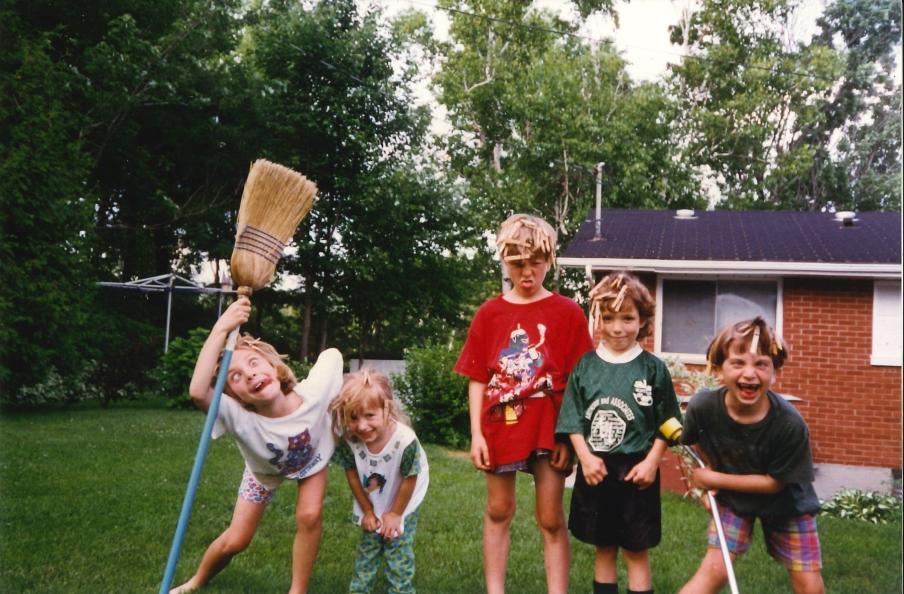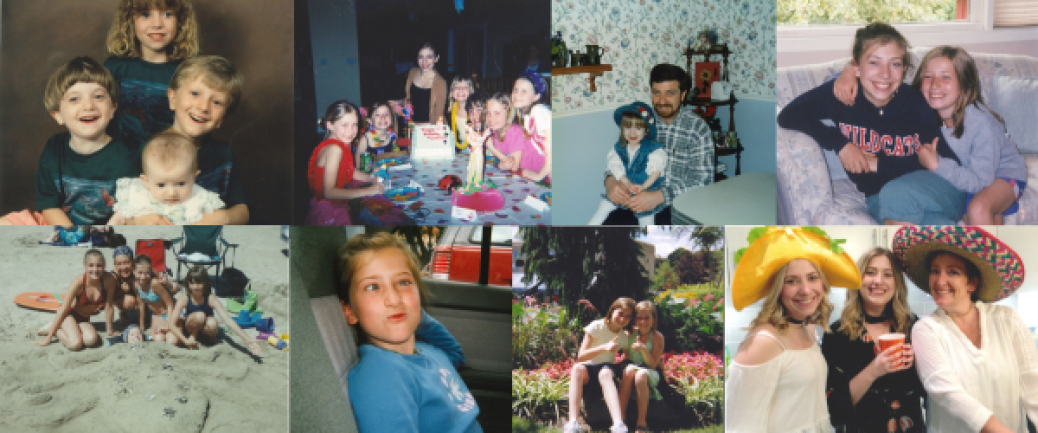The Weight of Depression
By the time she was fifteen years old, Michelle started to feel the decline in her mental health. After experiencing significant loss in her family, she sought out help and was diagnosed with anxiety and depression.
Over the years, she had constant ups and downs, trying many different medications to manage her symptoms. While some treatments seemed to work, their effectiveness was always temporary, and Michelle found herself among the 50% of people with depression who don’t respond to conventional treatments. “It was a lot of trial and error. I kept thinking ‘it shouldn’t be this difficult.’ I was under the impression that if I went on medication, then I was supposed to feel better,” Michelle reflects. Some days, she felt like herself, while others, the depression came back stronger than before. Constantly feeling stuck in a cycle of hope and disappointment, Michelle was exhausted and disheartened.
Despite the weight of her mental illness, Michelle was a dedicated small business owner and was determined to see it grow and succeed. She shared her mental and physical health journey with her social media following, hoping to inspire others who might be facing similar battles: “I think we built such a supportive and strong online community–we all have struggled in different ways, and we connected because of it. Talking about our hard times helped me feel seen and not so lonely,” she says. Michelle also remained open about the hardships of entrepreneurship, and how it impacted her mental illness.


